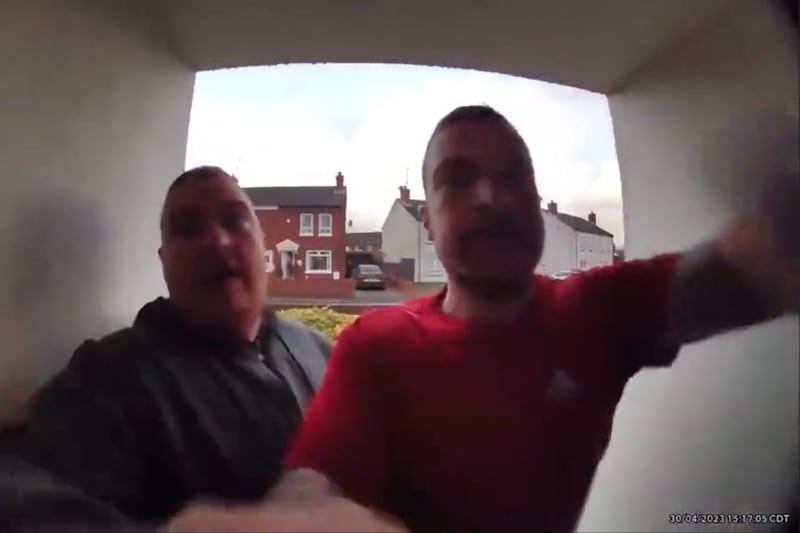The decision by the Police Service of Northern Ireland to direct a major surveillance initiative against a range of journalists represents a scandal of enormous and rapidly growing proportions.
Journalists are in no sense above the law, but all the documentation which has emerged to date suggests that some PSNI figures were much more determined to identify legitimate press sources than to actually track down criminals.
The matters set out at the Investigatory Powers Tribunal (IPT) sitting at the Royal Courts of Justice in London on Wednesday are deeply disturbing and go to the heart of what deserves to be regarded as among the most serious challenges to the freedom of the press ever witnessed in this jurisdiction.
It initially centred on the respected journalists Barry McCaffrey, formerly of The Irish News, and Trevor Birney, but it is now becoming clear that it was much more broadly based.

The latest evidence presented to the IPT stretches to some 600 pages of detailed police records and shows that at least eight journalists were specifically targeted, while many others may have been included in a covert database.
Mr McCaffrey’s barrister told the tribunal that the secret papers made reference to what was described as a PSNI “defensive operation” against a group of journalists who were said to have written “unobliging things” about the police.
It began by cross-referencing the phone records of journalists but developed into even more alarming attempts to access the data of both Mr Birney’s wife and his solicitor, as well as securing international intelligence on a trip which Mr Birney and Mr McCaffrey had taken to France in 2016.
Mr Birney and Mr McCaffrey have endured a long and appalling ordeal since they worked on a ground breaking documentary designed to demonstrate the full extent of the collusion behind the 1994 murders of six Catholic men by loyalists in a bar in Loughinisland, Co Down.
There will be a firm belief that all the elements which would justify a comprehensive public inquiry are already in place
They were arrested and had their homes raided by detectives in 2018 but later were totally exonerated, received an official apology and were paid damages of almost £900,000 by the PSNI.
It has taken some time for the IPT to obtain at least a number of the police files on the surveillance of Mr Birney and Mr McCaffrey, with another hearing scheduled for July, and it is absolutely essential that the PSNI responds fully to the issues which have been raised.
We need to be told exactly what transpired during a sustained, sinister and almost certainly illegal undercover action and there will be a firm belief that all the elements which would justify a comprehensive public inquiry are already in place.








